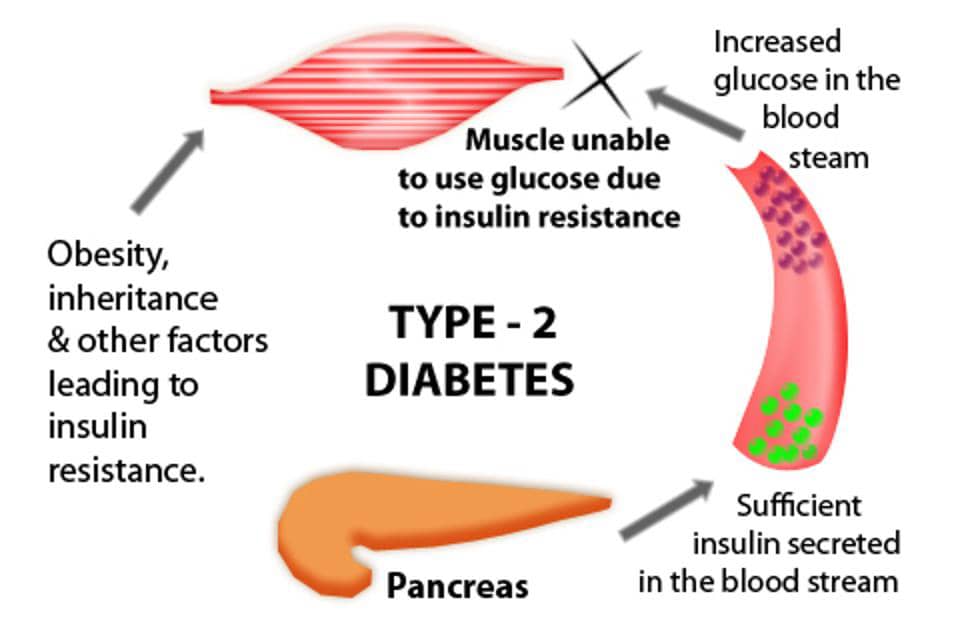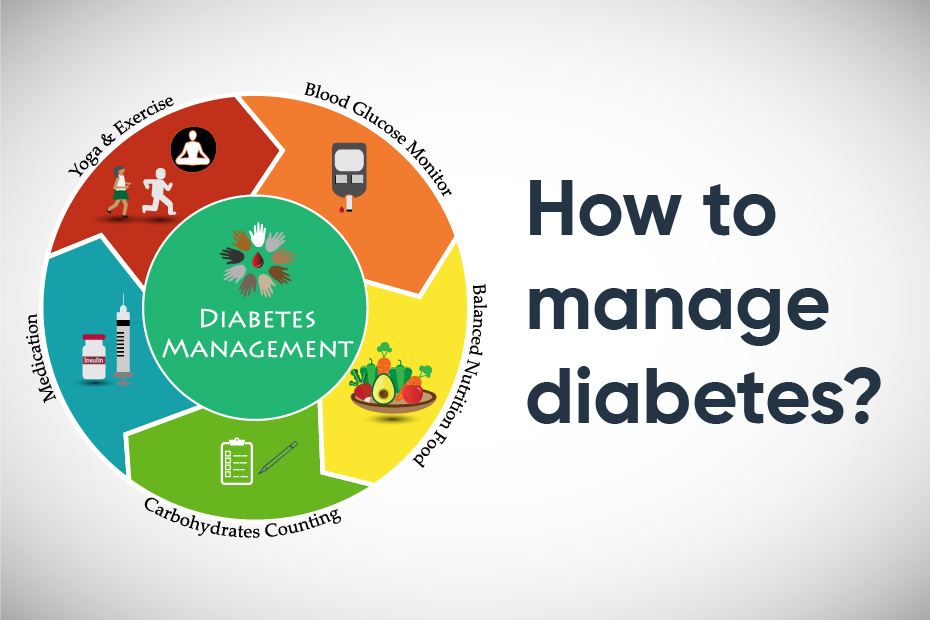6 Essential Conditions Why Some Patients Need Insulin Injections To Treat Diabetes ?
September 9, 2023 | by drsushilarathod

As an Amazon Associate I earn from qualifying purchases.
Explore the Vital Reasons Why Some Patients need Insulin Injections to treat Diabetes . Discover the Emotional Journey Behind these 6 Essential Conditions.”

Discover the 6 essential conditions Why Insulin Injections Are Lifesavers for Diabetics
Diabetes is a complex medical condition that affects millions of people worldwide. While there are various treatments available, some patients require insulin to manage their diabetes effectively. In this comprehensive guide, we will delve into the reasons Why Some Patients Need Insulin Injections To Treat Diabetes ? . We will explore the critical role insulin plays in diabetes management and provide insights into the topic. If you’re curious about insulin therapy and its significance, read on to gain a deeper understanding
“Diabetes is a persistent medical condition identified by elevated levels of sugar in the bloodstream. It occurs when the body’s ability to produce or use insulin, a hormone responsible for regulating blood sugar, is impaired. While many individuals with diabetes can manage their condition with lifestyle changes, diet, and oral medications, some patients need insulin therapy. In this article, we will explore the various scenarios and reasons why insulin becomes a vital component of diabetes management.
Introduction to Why Some Patients Need Insulin Injections To Treat Diabetes ?
https://www.instagram.com/p/Cws0ccpslPB/?igshid=MTc4MmM1YmI2Ng==
The Role of Insulin in Diabetes
Insulin is a hormone produced by the pancreas, a vital organ in the endocrine system. Its primary role is to regulate blood sugar levels by facilitating the uptake of glucose into cells for energy production. Here’s how insulin works in individuals without diabetes:
1–Glucose Regulation: When you consume carbohydrates, your body breaks them down into glucose, which enters the bloodstream. In response, the pancreas releases insulin to help cells absorb glucose, reducing blood sugar levels.
2–Energy Production: Cells use glucose as their primary energy source. Insulin ensures that glucose is transported into cells, enabling them to function optimally.
3–Storage: Excess glucose is stored in the liver and muscles as glycogen for future energy needs. Insulin facilitates this storage process.
Insulin therapy becomes necessary in several diabetes .Why Some Patients Need Insulin Injections To Treat Diabetes ?
1. Type 1 Diabetes
Type 1 diabetes, often diagnosed in childhood or adolescence, is an autoimmune condition where the body’s immune system mistakenly attacks and destroys the insulin-producing cells in the pancreas. type 1 As a result, individuals with Type 1 diabetes produce little to no insulin and must rely on external insulin sources

2. Advanced Type 2 Diabetes
In some cases of Type 2 diabetes, the pancreas may gradually lose its ability to produce sufficient insulin, or the body’s cells become resistant to insulin’s effects. Patients with advanced Type 2 diabetes may require insulin therapy to manage their blood sugar effectively.

3. Gestational Diabetes
“During pregnancy, a number of women may experience the onset of gestational diabetes, which is a transient manifestation of diabetes. gestational diabetes is an Essential Conditions Where Patients Need Insulin Injections Diabetes ? Insulin therapy may be necessary to control blood sugar levels and ensure a healthy pregnancy.

4. Surgery or Illness
Patients undergoing major surgery or facing severe illness may experience fluctuations in blood sugar levels. Insulin therapy may be required temporarily to maintain stable glucose levels during these challenging times.

5. Insulin as Adjunct Therapy
In some cases, insulin is used alongside other diabetes medications to achieve better blood sugar control. This approach, known as combination therapy, can be beneficial for patients who do not respond adequately to other treatments.
6. Emergency Situations
In emergency situations, such as diabetic ketoacidosis (DKA) or severe hyperglycemia, insulin is administered to rapidly lower blood sugar levels and prevent life-threatening complications.
FAQs
Q: Can insulin be taken orally?
A: No, insulin cannot be taken orally because it would be broken down by stomach acids. Usually, it is delivered via injections or insulin infusion pumps.”
Q: Are there different types of insulin?
A: Yes, there are several types of insulin, including rapid-acting, short-acting, intermediate-acting, and long-acting. The choice of insulin type depends on the patient’s needs and the healthcare provider’s recommendations.
Q: Does insulin therapy have side effects?
A: Like any medication, insulin therapy may have side effects, including weight gain, low blood sugar (hypoglycemia), and injection site reactions. However, these can often be managed with proper guidance from healthcare professionals.
Q: Is insulin a cure for diabetes?
A: Insulin is not a cure for diabetes but a critical tool in managing the condition. It helps regulate blood sugar levels and prevent complications associated with high or low blood sugar.
Q: Can insulin therapy be adjusted over time?
A: Yes, insulin therapy can be adjusted to meet the changing needs of individuals with diabetes. Regular monitoring and consultation with healthcare providers are essential for optimizing insulin doses.
Q: Are there alternatives to insulin therapy?
A: Depending on the type and stage of diabetes, alternatives to insulin therapy may include oral medications, lifestyle changes, and dietary modifications. However, these should be discussed with a healthcare provider.
Conclusion
In conclusion, insulin plays a crucial role in the management of diabetes, and there are various reasons why some patients need insulin to treat this condition. Whether it’s due to Type 1 diabetes, advanced Type 2 diabetes, gestational diabetes, surgery, or other factors, insulin therapy can be a lifesaving and essential component of diabetes care. If you or someone you know requires insulin therapy, it’s essential to work closely with healthcare professionals to ensure proper management and achieve optimal health.
The Stress-Diabetes Dilemma:13 Ways of Diabetes Management at Home
Amazon and the Amazon logo are trademarks of Amazon.com, Inc, or its affiliates.
RELATED POSTS
View all

